
It was December 24, 1914. The battle lines had been drawn up between the English and German forces. As with the Union and Confederate forces in the American Civil War, the English and Germans thought the fight would be over in a few months. But five months after it started, the “hell” of war began to weigh heavily on them.
It had been raining during the day, and freezing at night. The dead between the opposing trenches could not be retrieved, so they froze each night. On December 7, Pope Benedict XV had suggested a cessation of hostilities in honor of Christmas, but neither England nor the German high command would agree. They thought the soldiers wouldn’t see the man across the line as an enemy if they dwelled for a day on Christ and Christmas.
But some men in the frozen, muddy trenches had other ideas. Christians were on both sides of the field, and Christmas Eve on this particular portion of the battle-line was peculiarly quiet.

German soldiers, who had spent time in England prior to the war, began singing Christmas Carols, some in English. Most of the Germans sang in their own language. Their English enemy, 100 yards across no-man’s-land, cautiously looked above the soggy sandbags to see what was going on. Seeing no weapons ready to fire, and no bullets whizzing over their heads, some English soldiers began singing. There, in the middle of the storm of The War to End All Wars, the peace of God was manifesting itself in the hearts of declared enemies.
Then December 25, 1914 – Christmas Day – dawned.
Against the orders of his commander, a German soldier climbed out of the trench, raised his hands in a gesture of peace, and nervously, slowly, walked onto the field of death. Orders of “Don’t shoot!” were issued from the English side. An English soldier, thinking this might be a trick, nevertheless, climbed out of his trench.
Then, he slowly laid his rifle down and raised his hands in peace. As the two men cautiously walked toward each other, men on both sides began emerging from the safety of the trenches and joined them. Those who knew the other’s language conversed, shared stories of home and family. Several reports I read said they played soccer that day, using cans or soggy sandbags for the ball.
The men in the German/Prussian uniforms did not hate those in the English uniforms, and the opposite was true. The unofficial cease-fire on December 25, 1914 verified that fact. They were pitted against each other because of the ideologies of their national governments.
There was another event in the history of the world that took place about 1,880 years earlier that set the stage for the English/German non-official cease-fire. It, also, manifested peace in the midst of a storm.

Not only was the iron hand of Rome harshly ruling the known world, the cruel and insecure Herod was ruling Israel. As the emperor mandated the death of those who would not bow to him or his gods, Herod ordered the death of anyone – including wife and son – who threatened his rule. In the midst of that deathly turmoil, the angel warned Joseph and Mary of the danger. They were granted a place of safety and serenity in a stable for the birth of the One who came to offer salvation and peace to the world – Jesus. Scripture says He would be called Emmanuel, which means, God with us.

He is still with us. The peace He offers was not only for the Jews back in the days of Imperial Rome. It wasn’t only for those who stopped fighting for a day in 1914. Jesus offers peace to us today – in the midst of the storm of covid-19, the turmoil of the presidential election, and social upheaval.
If Democrats, Republicans, Independents, Communists, Socialists, Green Party members, and the rest could stop fighting, study the Bible and allow the truth of Christmas – and the true Christ – to enter their hearts and minds, they could learn God’s purpose for their lives. Jesus also died for the Buddhists, Shintoists, Muslims, atheists, and everyone else who would accept Jesus into their tumultuous lives.
He came as a baby so He could grow up experiencing the pressure and pain we encounter. But His babyhood lasted only a year or so. He became a man Who suffered every kind of pain, trial, and temptation that we suffer. But He never sinned. And He died!
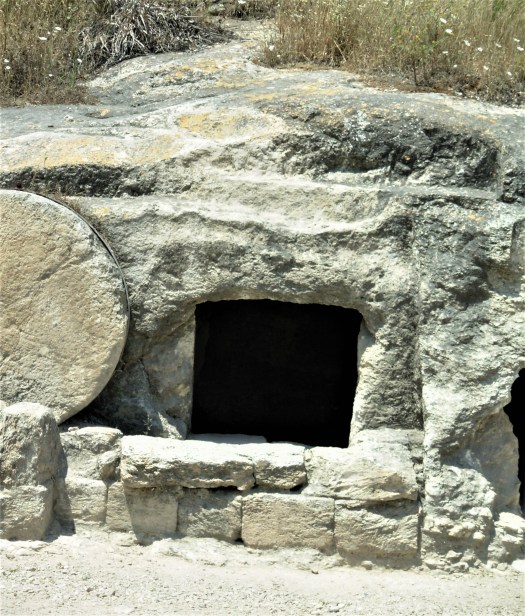
But three days later He came out of that tomb, and we have eyewitnesses to the fact: the guards on duty who were there to make sure no one stole the corpse. And because of His resurrection, He offers us His peace and joy in the midst of our storms. And He offers us eternal life with Him in heaven if we accept Him into our lives. He’s listening right now, so you can talk with Him. He loves you and will help you.
Have a Blessed Christmas.



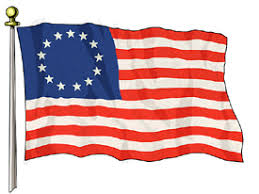 After the American eight-year War of Independence ended in 1784, the colonists were finally free! Well, I suppose they weren’t colonists any longer; they were citizens of a new country. But they were free!
After the American eight-year War of Independence ended in 1784, the colonists were finally free! Well, I suppose they weren’t colonists any longer; they were citizens of a new country. But they were free! fight! The local towns didn’t want the states to tax them, and the states didn’t want the feds to tax them. They were also free to print their own money. Oops … that didn’t work too well. Each state created its own currency, with some states having several currencies. Banks issued their own money; and by 1836 over 1,600 banks were issuing thousands of varieties of paper money. Many were “not worth a continental.” Believe-it-or-not, standardized currency wasn’t established until 1929.
fight! The local towns didn’t want the states to tax them, and the states didn’t want the feds to tax them. They were also free to print their own money. Oops … that didn’t work too well. Each state created its own currency, with some states having several currencies. Banks issued their own money; and by 1836 over 1,600 banks were issuing thousands of varieties of paper money. Many were “not worth a continental.” Believe-it-or-not, standardized currency wasn’t established until 1929. “No man shall be compelled to frequent or support any religious worship, place, or ministry whatsoever … nor shall otherwise suffer, on account of his religious opinions or belief; but that all men shall be free to profess, and by argument to maintain, their opinions in matters of religion, and that the same shall in no wise diminish, enlarge, or affect their civil capacities.”
“No man shall be compelled to frequent or support any religious worship, place, or ministry whatsoever … nor shall otherwise suffer, on account of his religious opinions or belief; but that all men shall be free to profess, and by argument to maintain, their opinions in matters of religion, and that the same shall in no wise diminish, enlarge, or affect their civil capacities.”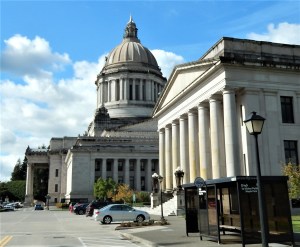 amendment rights, yet disallow the “straight” person the same rights. Gay folks, as American citizens, have the freedom to speak their mind, so why would he or she deny me, an American citizen, the same freedom to speak my mind without fear of reprisal? Whoever dares to eliminate my freedom puts his own freedoms in jeopardy.
amendment rights, yet disallow the “straight” person the same rights. Gay folks, as American citizens, have the freedom to speak their mind, so why would he or she deny me, an American citizen, the same freedom to speak my mind without fear of reprisal? Whoever dares to eliminate my freedom puts his own freedoms in jeopardy.

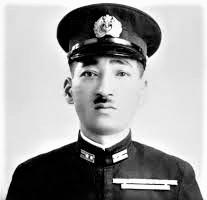
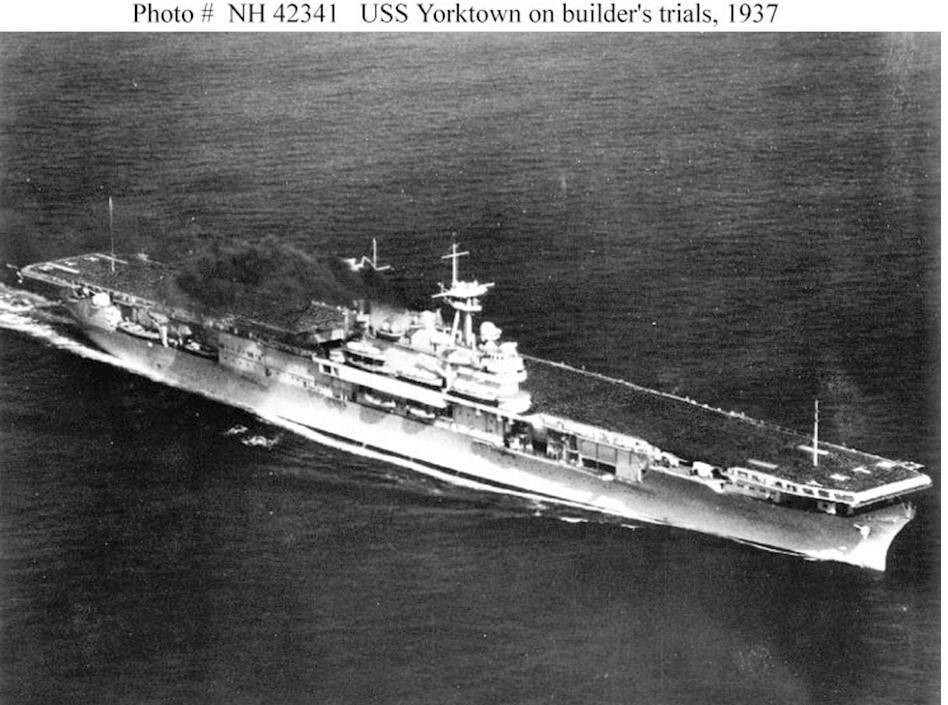


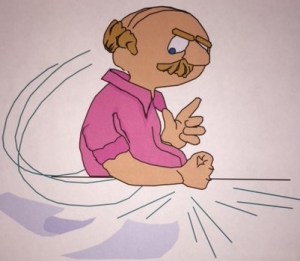 I heard it again: “I want peace at all costs!” That’s an interesting cry because people who say that don’t realize it is one of the most ignorant statements a peace-loving, freedom-loving person could utter.
I heard it again: “I want peace at all costs!” That’s an interesting cry because people who say that don’t realize it is one of the most ignorant statements a peace-loving, freedom-loving person could utter. since 1948. The surrounding nations attack Israel. Israel wins and the defeated nations want peace. Then they say they will keep the peace if Israel gives land back. The US urges Israel to keep the peace at all costs. Israel does, and gives back land. The neighbors continue fighting and say they will continue to keep the peace if Israel gives back more land. Do you see what’s going on? They are lying: the neighbors don’t want peace with Israel!
since 1948. The surrounding nations attack Israel. Israel wins and the defeated nations want peace. Then they say they will keep the peace if Israel gives land back. The US urges Israel to keep the peace at all costs. Israel does, and gives back land. The neighbors continue fighting and say they will continue to keep the peace if Israel gives back more land. Do you see what’s going on? They are lying: the neighbors don’t want peace with Israel! must adopt Martin Luther’s plea: “Peace if possible; Truth at all costs!” Peace is the by-product of right intention, right thinking, and right action. Jesus said in John 14:27a [NASB]: “Peace I leave with you; My peace I give to you; not as the world gives do I give to you. Do not let your heart be troubled.” That last phrase could mean “Don’t let the world’s troubles disturb you.”
must adopt Martin Luther’s plea: “Peace if possible; Truth at all costs!” Peace is the by-product of right intention, right thinking, and right action. Jesus said in John 14:27a [NASB]: “Peace I leave with you; My peace I give to you; not as the world gives do I give to you. Do not let your heart be troubled.” That last phrase could mean “Don’t let the world’s troubles disturb you.”